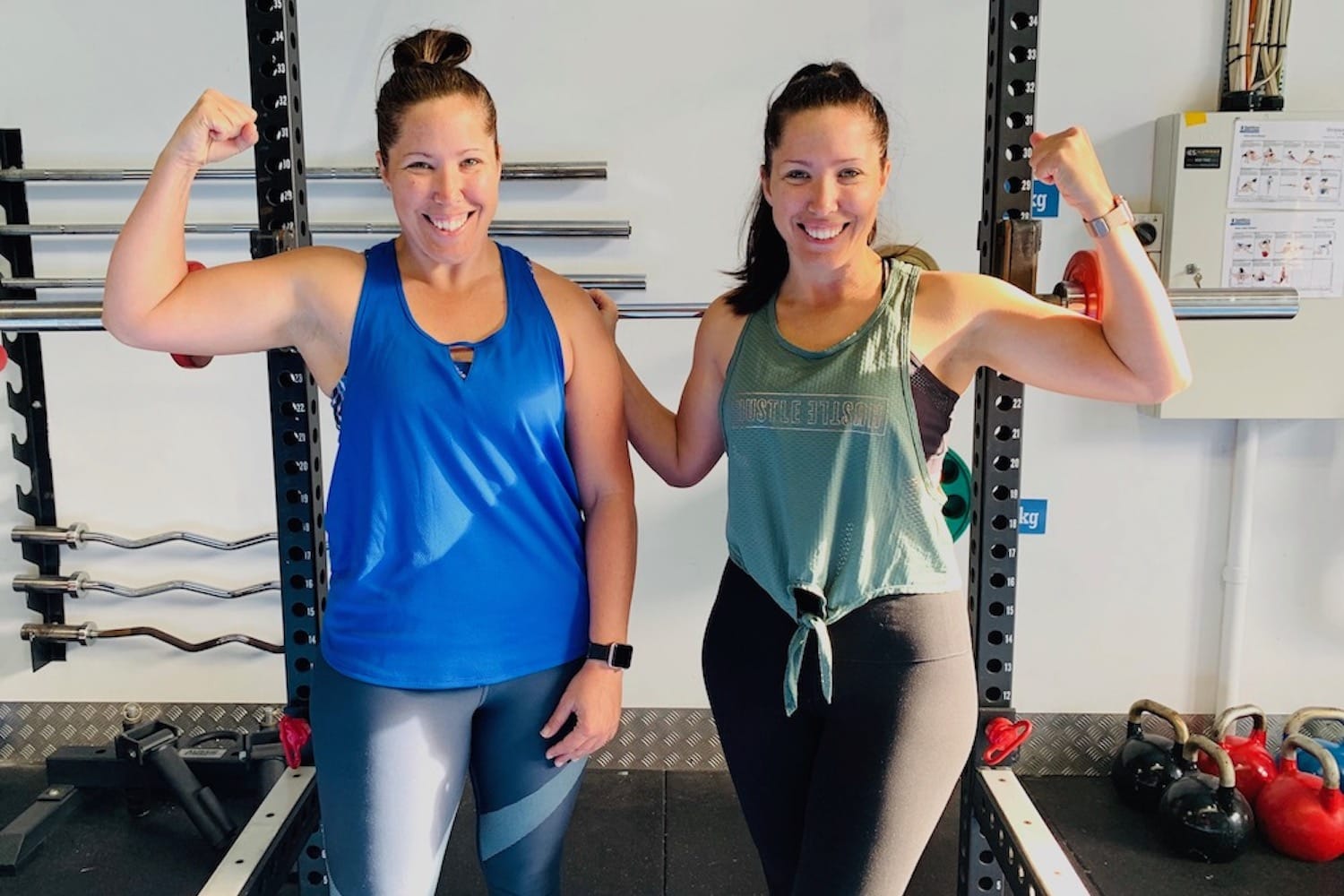Vitamins, minerals and exercise
It is commonly believed that people who exercise should take supplements to meet the increased demands on their body. Although exercise increases the need for some vitamins and minerals, this increased requirement can generally be met through a healthy, balanced diet. Some athletes believe that mineral and vitamin supplementation will lead to an improvement in performance. There is insufficient evidence to support this claim. However, supplements may improve nutritional status in people at risk of deficiency. Deficiency generally occurs in people who do not increase their energy intake to meet the added demands of exercise. Iron is an important mineral for exercising people, particularly for women and young people. It makes up part of the haemoglobin in our blood, which is responsible for carrying oxygen around the body. Although depleted iron levels have not been found to cause a reduction in athletic performance, if the condition progresses to iron deficiency then negative effects can be seen. Low energy intake and diets providing little or no meat can be the cause of deficiency in athletes. Added to this are some iron-depleting factors particular to exercise, for example, an increase in the destruction of blood cells due to the greater wear and tear on the body. In particular, women and vegetarians involved in regular physical activity should take care to have their iron levels assessed periodically, then nutritional advice or supplements can be given as needed. The B Vitamins are involved in many processes associated with exercise. They enable the body to use fat and carbohydrates as fuel and help form and transport red blood cells around the body. Vitamins C and E perform an antioxidant role. This means they clean up damaging particles known as free radicals, which are produced in greater numbers during exercise. Adequate levels of vitamins C and E may reduce muscle damage and soreness following exercise. The danger in supplementing the diet with higher levels of these vitamins and minerals is the possibility of taking too much. The toxic effects can range from diarrhoea and nausea to low blood pressure and nervous system disorders. Try to meet your vitamin and mineral requirements with a diet incorporating plenty of fruit and vegetables, wholegrain cereals, lean meat and low fat dairy products. Fast methods of cooking, eg steaming or microwaving, are better because they result in less destruction of these important nutrients. To sum up, vitamin and mineral supplements are not vital for exercising people but they may improve nutritional status and performance for athletes who limit their energy intake. If a supplement is thought necessary, unless it is for the correction of a nutrient deficiency, a multivitamin is probably best as it provides reasonably low levels of a range of vitamins and minerals. This is safer than taking a large dosage of a single vitamin or mineral, which can cause an imbalance and affect the body’s ability to absorb other nutrients.



